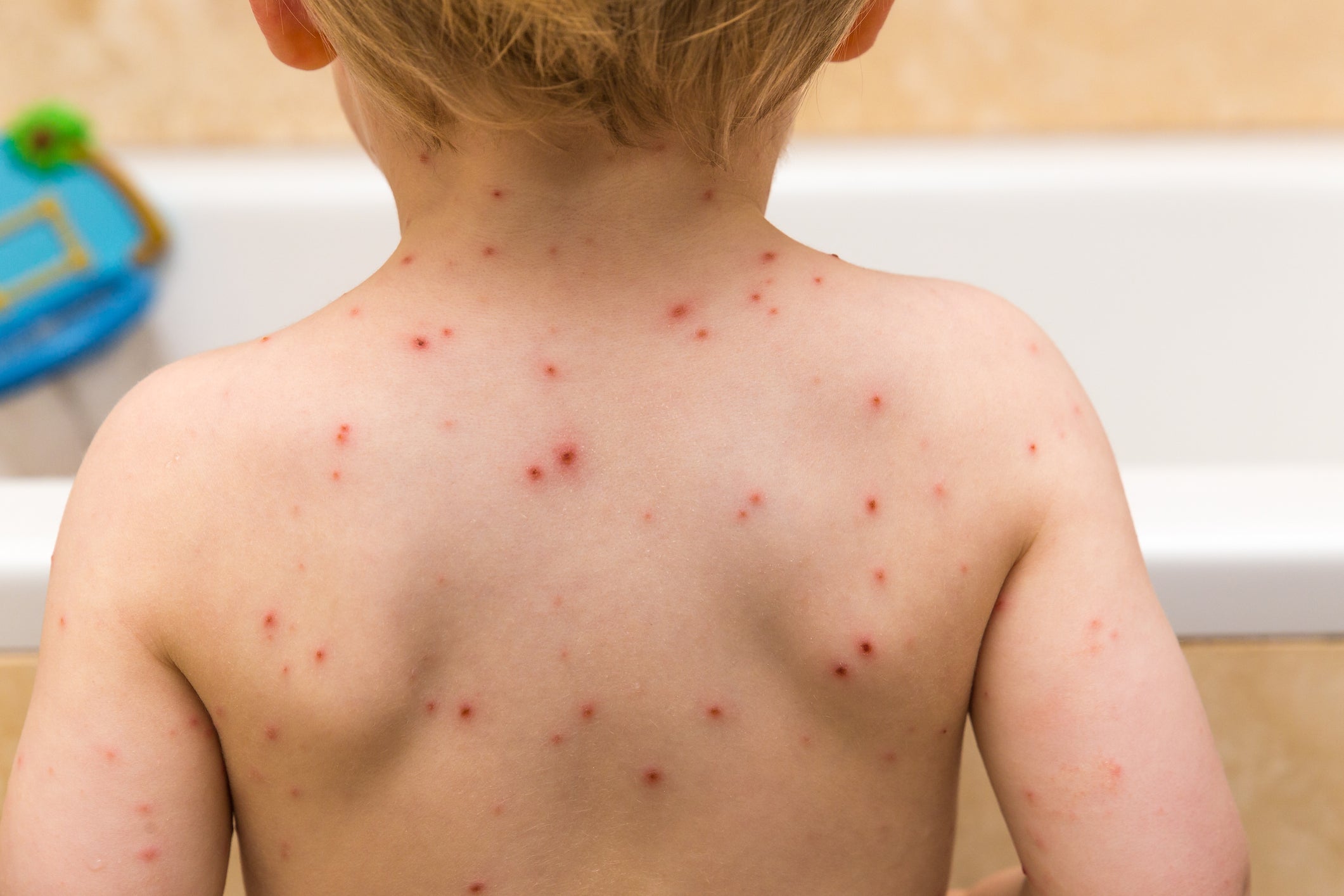A chickenpox vaccine will soon be rolled out on the NHS in England, the government has confirmed.
The jab, available from January, currently costs around £150 when bought privately. It will now be free, forming part of a new combined immunisation on the childhood vaccination programme.
Chickenpox is one of the most common childhood illnesses. The main identifying symptom is an itchy, spotted rash over the body. This can also be preceded by high temperature, loss of appetite and feeling unwell.
The illness will usually get better without treatment, but some children can develop serious complications like bacterial infections.

The chickenpox vaccine – also known as the varicella jab – will form part of a new combined MMRV (measles, mumps, rubella and varicella) vaccine.
It will be offered at GP practices from January 2026 and is expected to offer protection to around 500,000 children every year.
The MMRV will eventually replace the MMR, which is offered to babies at 12 months and 18 months.
It is the first time protection against another disease has been added to the routine childhood vaccination programme since 2015.
How to get the new chickenpox vaccine
As the new MMRV will become the new standard procedure, taking over from MMR, it will work in a similar way.
Currently, parents are invited by their GP to bring their child in for a jab, and this process will be the same when the chickenpox vaccine is introduced to the process.
This will become the standard procedure for all children born after 1 January 2026.
Eligibility criteria for children who are currently under 12 months are still being assessed, but GPs will still contact parents in due course to let them know which vaccine programme their child will be invited to undertake.
Dr Gayatri Amirthalingam, deputy director of immunisation at the UK Health Security Agency, said: “Most parents probably consider chickenpox to be a common and mild illness, but for some babies, young children and even adults, chickenpox can be very serious, leading to hospital admission and tragically, while rare, it can be fatal.
“It is excellent news, that from next January, we will be introducing a vaccine to protect against chickenpox into the NHS routine childhood vaccination programme – helping prevent what is, for most, a nasty illness and for those who develop severe symptoms, it could be a lifesaver.
“We now have extensive experience from a number of countries showing that the vaccine has a good safety record and is highly effective. The programme will have a really positive impact on the health of young children and also lead to fewer missed nursery and school days.”
